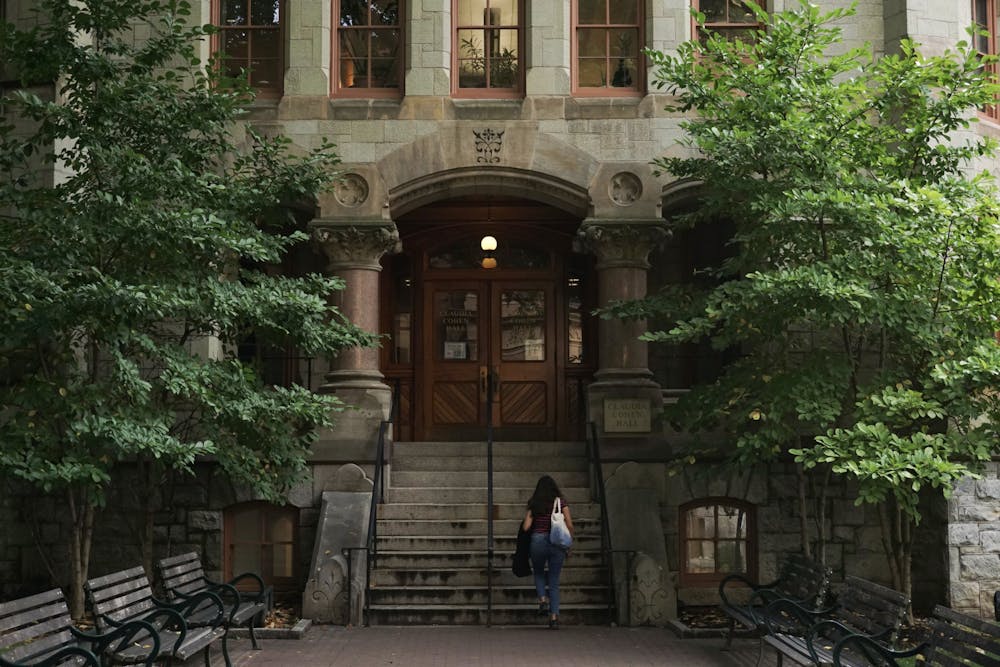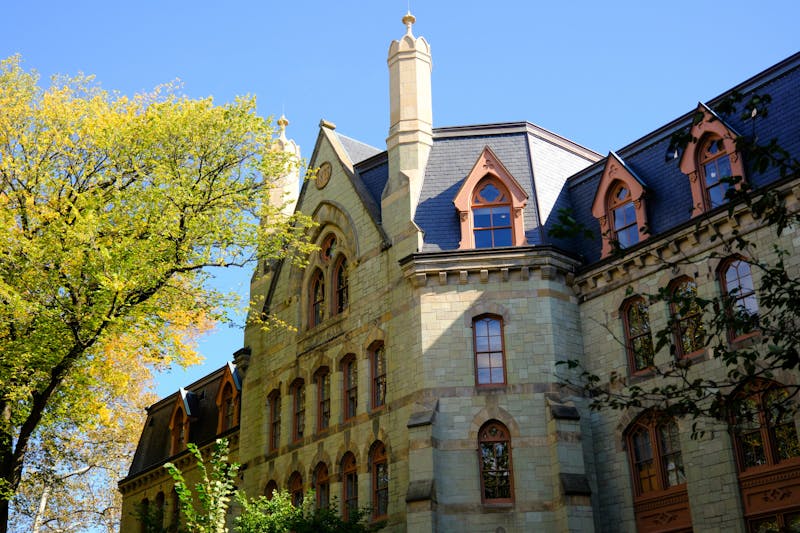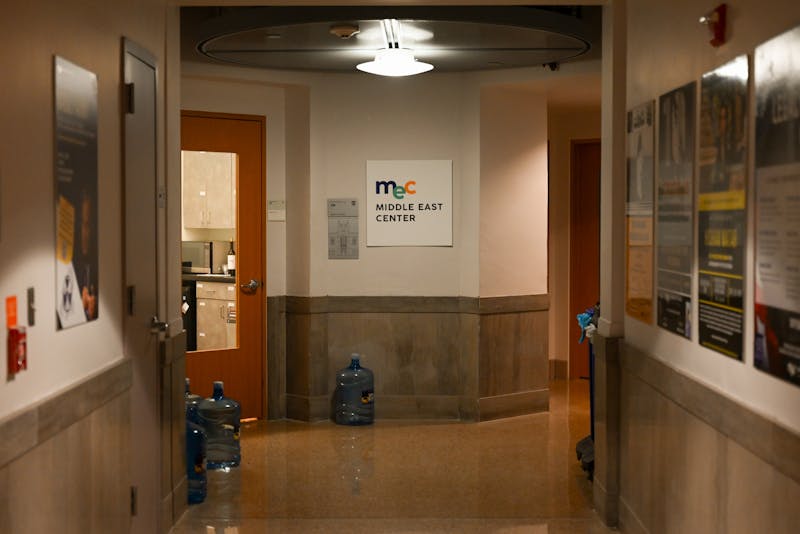
The United States Department of Education Office for Civil Rights is launching an investigation into Penn’s legacy admissions policies.
OCR is investigating whether the University's use of legacy preferences in admissions decisions constitutes racial discrimination, according to a letter obtained by The Daily Pennsylvanian. The initial complaint was filed in early December by education activist Justin Samuels. OCR's investigation is not a reflection of the merits of the complaint but rather serves as a confirmation that it falls within the office’s jurisdiction, according to the OCR website.
The complaint alleges that Penn’s legacy admissions policies violate Title VI of the Civil Rights Act, which prohibits discrimination on the basis of race, color, or national origin in programs or activities receiving federal assistance.
“We are aware of the complaint and will fully cooperate with the investigation,” a Penn Admissions spokesperson wrote in a comment to the DP.
Samuels, who has filed “hundreds of complaints” against colleges and universities throughout the U.S., connected the Supreme Court’s ruling on affirmative action last year as a catalyst for his most recent round of complaints.
“I think that if you maintain legacy preferences while affirmative action is being abolished, some people get an unfair leg up,” Samuels said in an interview with the DP. “I feel like affirmative action was a shield for legacy preference."
Samuels, a graduate of Cornell and Columbia, now dedicates a majority of his time to advocating for education-related causes. He is currently suing Barnard College, Bryn Mawr, The City of New York, and the YMCA, and has filed near-identical complaints against six other Ivy League institutions.
In the last two years, Samuels has filed multiple similar complaints against Barnard College, alleging various instances of discrimination — including one where he was refused admittance into a screenwriting workshop because of his male identification. OCR has dismissed many of these complaints.
Shortly after the Supreme Court’s ruling on affirmative action, the Department of Education launched a formal investigation into Harvard’s legacy admissions practices.
“The question is if legacy admissions are primarily for white kids, from the upper 5 to 10%, often 1%,” former Harvard admissions officer and founder of McNeal Sams College Consulting Nelie McNeal said. “I used to think that [legacy admissions] is the sacrifice you make in order to fund kids who couldn't otherwise go."
President & Chief Educational Consultant of One-Stop College Counseling Laurie Kopp Weingarten agreed with McNeal. She said that a large proportion of legacy students pay full tuition, which can be used to fund scholarships, and that legacy families often donate large sums to the University.
A study by researchers at Brown and Harvard found that applicants with legacy status were four times as likely to receive admissions offers at highly selective institutions.
From 2017 to 2020, between 22 and 25% of applicants admitted to Penn during Early Decision were legacies, according to a DP analysis, which found that Penn was refining its legacy admissions policy under Dean of Admissions Whitney Soule.
For the Class of 2026 admission cycle, the wording on the admissions page on legacy admissions policies changed. Weingarten has not changed her advice to her clients.
“I still advise my legacy students to apply early decision,” she said.
According to Samuels, OCR’s investigation into Penn could take several months.
The Daily Pennsylvanian is an independent, student-run newspaper. Please consider making a donation to support the coverage that shapes the University. Your generosity ensures a future of strong journalism at Penn.
Donate












